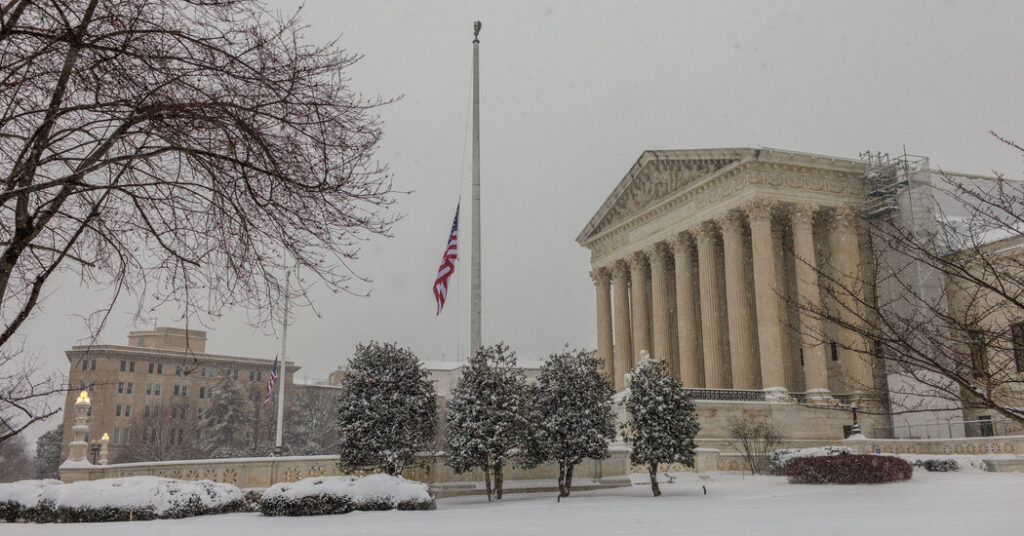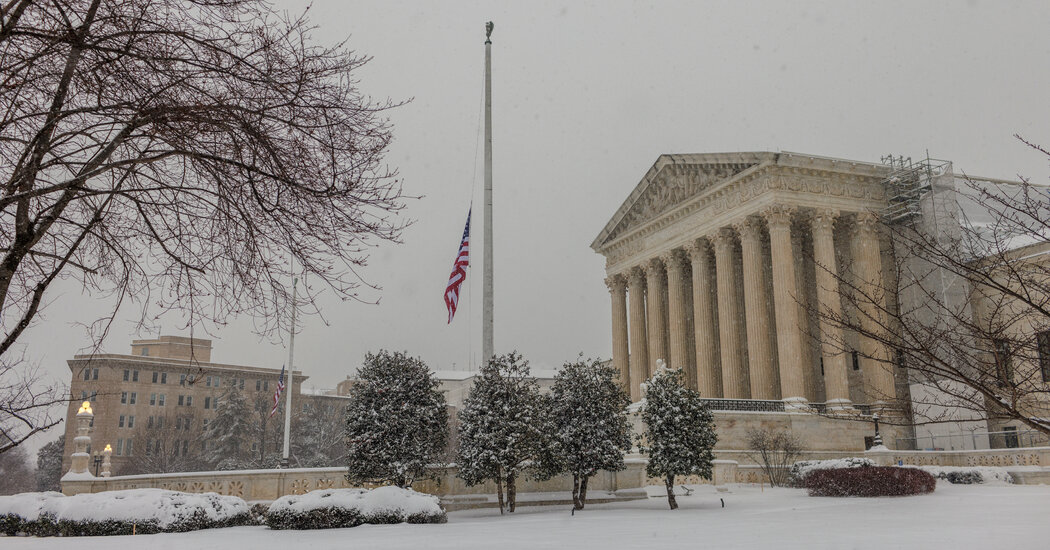Supreme Court Seems Poised to Uphold Law That Could Ban TikTok
The justices are expected to rule quickly in the case, which pits national security concerns about China against the First Amendment’s protection of free speech.


The Supreme Court seemed inclined on Friday to uphold a law that could effectively ban TikTok, the wildly popular app used by half of the country.
Even as several justices expressed concerns that the law was in tension with the First Amendment, a majority appeared satisfied that it was aimed not at TikTok’s speech rights but rather at its ownership, which the government says is controlled by China. The law requires the app’s parent company, ByteDance, to sell TikTok by Jan. 19. If it does not, the law requires the app to be shut down.
The government offered two rationales for the law: combating covert disinformation from China and barring it from harvesting private information about Americans. The court was divided over the first justification. But several justices seemed troubled by the possibility that China could use data culled from the app for espionage or blackmail.
“Congress and the president were concerned,” Justice Brett M. Kavanaugh said, “that China was accessing information about millions of Americans, tens of millions of Americans, including teenagers, people in their 20s.”
That data, he added, could be used “over time to develop spies, to turn people, to blackmail people, people who a generation from now will be working in the F.B.I. or the C.I.A. or in the State Department.”
Noel J. Francisco, a lawyer for TikTok, said he did not dispute those risks. But he said the government could address them by means short of effectively ordering the app to, as he put it, “go dark.”







